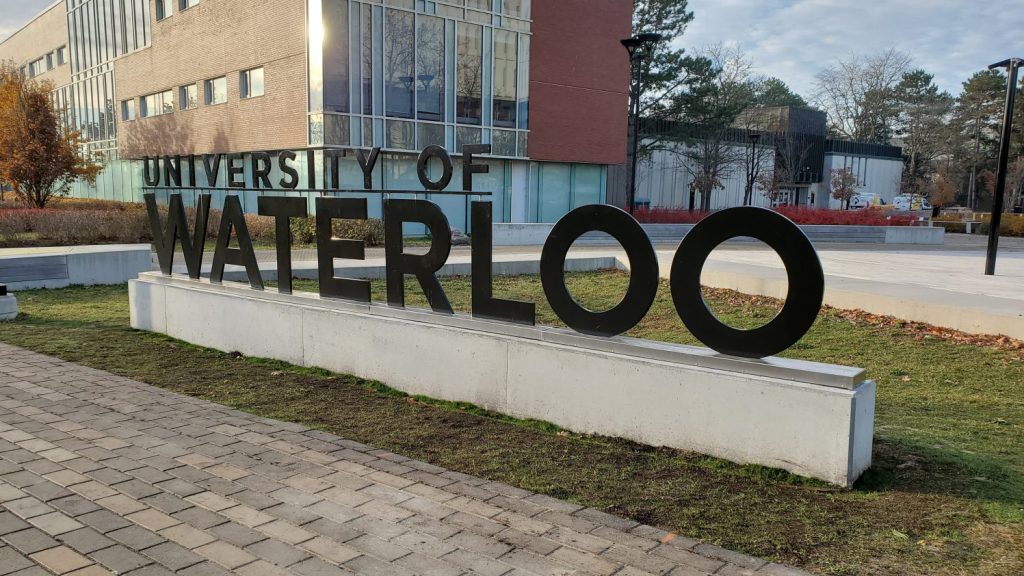New UW research trying to speed up cancer detection using artificial intelligence

It may become easier and faster to detect cancer, thanks to a team of researchers from the University of Waterloo who created technology that uses artificial intelligence (AI) digital imaging to speed up biopsy results.
Dr. Parsin Haji Reza is the Research Chair of Biomedical Imaging for the university and helped spearhead the research.
The Photo Absorption Remote Sensing System (PARS) is said to be faster than traditional cancer detection methods. It can detect cancer from a batch of skin tissue often taken from people while under anesthesia.
Advertisement
“The job of AI in this case is to translate this multi-dimensional data to what a pathologist and clinician can read and understand,” Dr. Reza said. “The first goal of this technology is you just need one set of tissue, or one little section of the tissue, put it on the microscope and achieve multiple results.”
Dr. Reza said the PARS technology has about a 98 per cent accuracy rate compared with traditional cancer detection methods.
The PARS technology could provide results to clinicians within a few minutes, speeding up the processes in place for all types of cancer.
Patients sometimes wait weeks or months to get biopsy results which leads to delays in treatment.
“Ideally during the surgery, when the patient is still under anesthesia, we can know exactly what is going on and the surgeon can complete the surgery properly and basically wrap up the surgery,” Dr. Reza said.
Advertisement
Dr. Reza said they are aiming to have a prototype available for clinical use by October this year. They’re working to commercialize the property.
The technology is still currently undergoing clinical studies.
